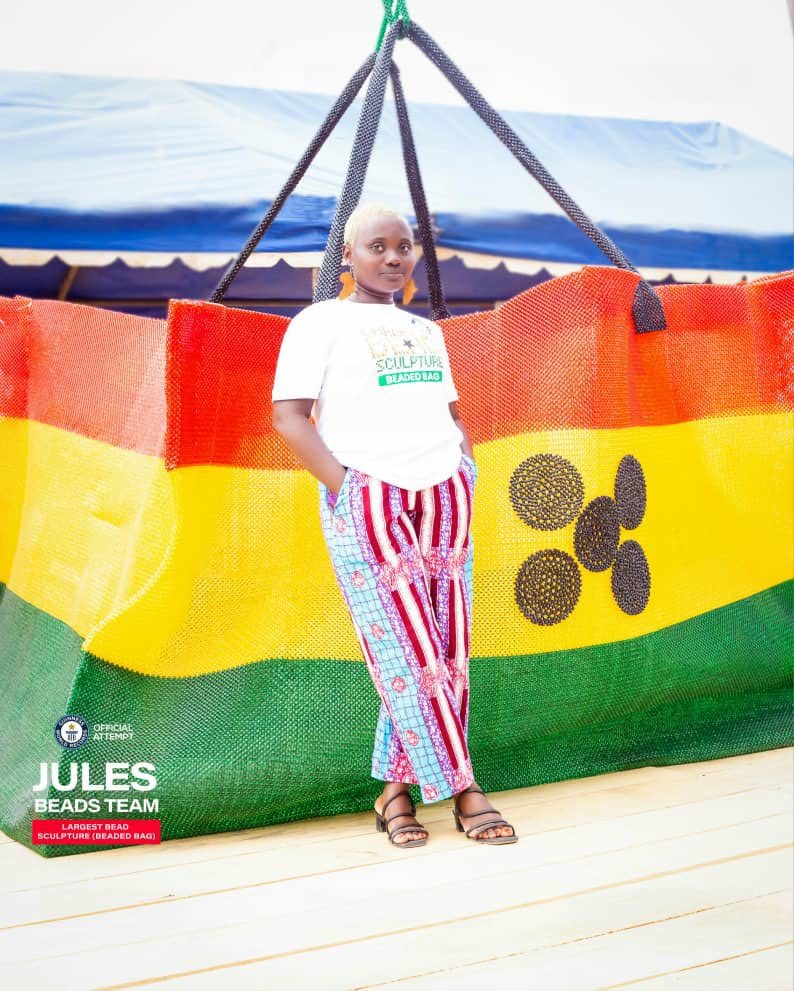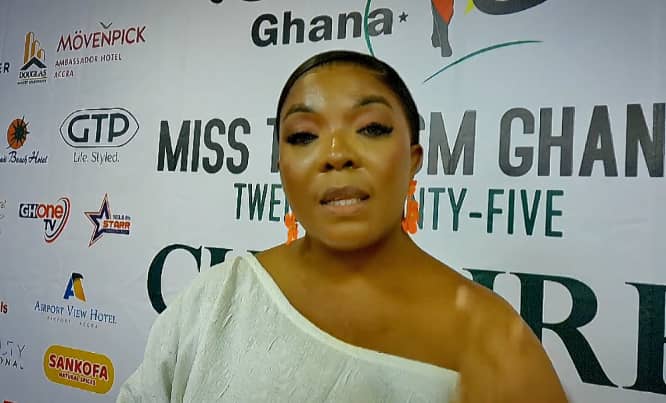Afrobeat firebrand Seun Kuti has stirred nationwide debate after declaring that many wealthy Nigerian women owe their fortunes not to business acumen or hard work, but to cosmetic surgery and sexual transactions.
In a blunt assessment, the outspoken son of Fela Anikulapo-Kuti alleged that 80% of affluent women in Nigeria have undergone Brazilian Butt Lift (BBL) procedures and leveraged their enhanced looks to secure wealth, relationships, and influence.
“I have not seen any woman of my generation with a mansion who hasn’t done BBL. In this country, BBL is seen as a pathway to success,” Kuti claimed.
Backlash and Defenses
Kuti’s comments have ignited a storm on social media, with critics accusing him of misogyny and reducing women’s achievements to their bodies.
Women’s rights activists argue that such sweeping generalisations undermine hardworking entrepreneurs, professionals, and creatives who have built empires without resorting to cosmetic enhancements.
A Lagos-based feminist lawyer fired back online:
“To say 80% of rich women did BBL is insulting and baseless. Nigerian women are breaking barriers in tech, law, politics, and business. Success isn’t tied to surgery.”
Celebrities have also chimed in. Some female entertainers admitted that beauty standards and body enhancements can open doors in entertainment and society, but maintained that “BBL is not a passport to success for everyone.”
The Bigger Picture
Kuti’s remarks touch on deeper cultural and economic issues. Nigeria has witnessed a boom in cosmetic surgery, with BBLs ranking among the most sought-after procedures. Clinics in Lagos and Abuja report rising patronage from young women who see body enhancement as an “investment” in their future.
Sociologists suggest Kuti’s comments highlight the pressures of a hyper-materialistic society, where physical appearance, social media influence, and access to wealthy networks can translate into financial security.
Yet, others warn against painting all successful women with the same brush, stressing that many rise through education, innovation, and grit — not surgery or transactional relationships.
The Debate Continues
While Seun Kuti insists he is merely speaking “a hard truth,” his remarks have reopened discussions about gender, wealth, and beauty culture in Nigeria. For some, it’s a reality check on how society rewards appearances. For others, it’s a dangerous stereotype that erases women’s real achievements.



